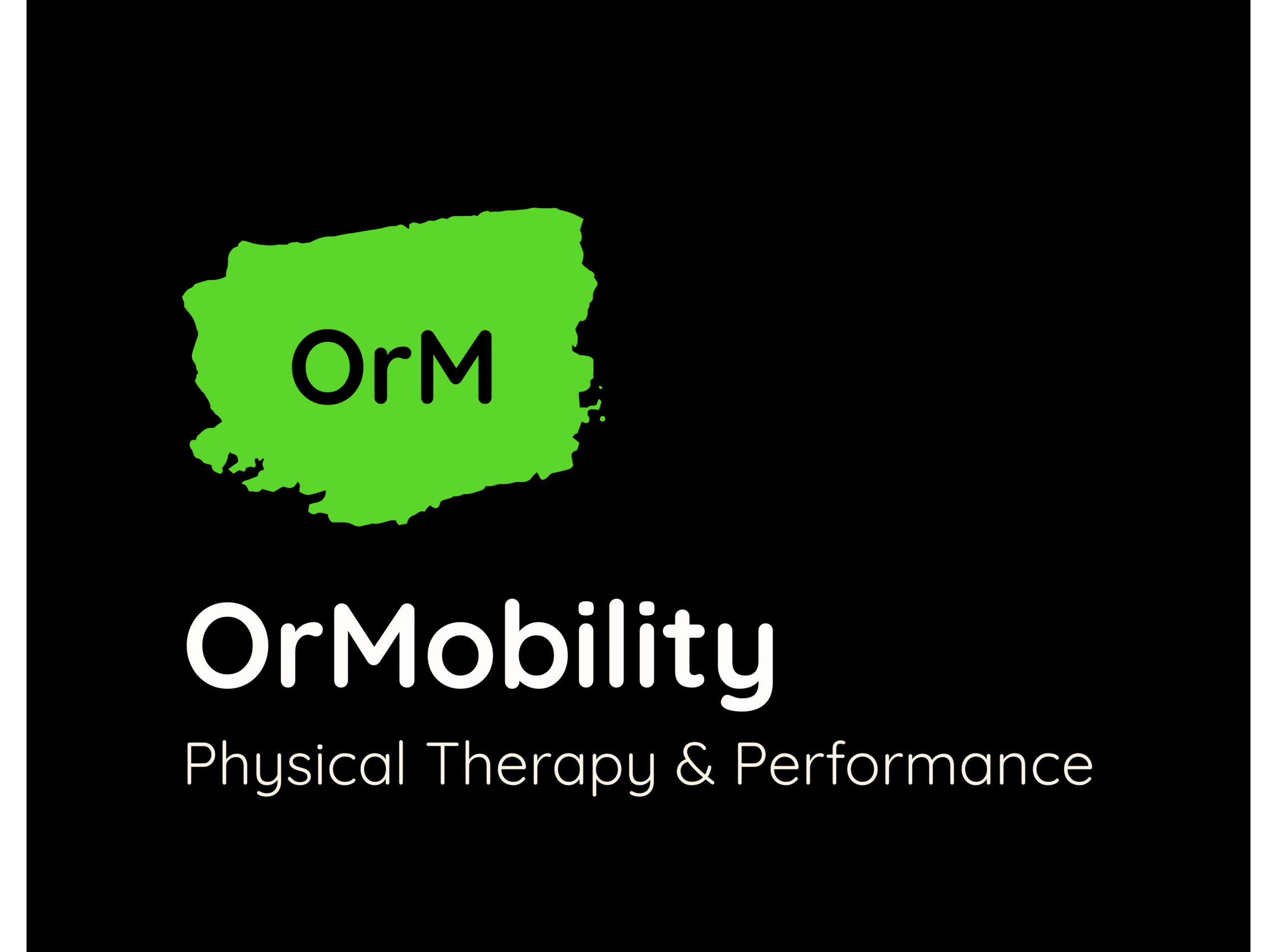Nutrition plays a pivotal role in our overall health and well-being, influencing everything from energy levels to disease prevention. At OrMobility Physical Therapy & Performance in Roseburg, Oregon, we understand the importance of education and guidance in making informed nutritional choices. In this blog post, we’ll explore the significance of nutrition-based educational programs led by highly credentialed healthcare providers and how they can empower individuals to take control of their health and wellness journey.
Understanding Nutrition-Based Educational Programs
Nutrition-based educational programs are designed to provide individuals with the knowledge, skills, and resources they need to make informed decisions about their dietary choices and overall nutrition. These programs are typically led by highly credentialed healthcare providers, such as registered dietitians, nutritionists, and other qualified professionals, who have undergone extensive training in nutrition science and evidence-based practice.
The Benefits of Nutrition-Based Education
- Evidence-Based Guidance: Nutrition-based educational programs provide evidence-based guidance and recommendations tailored to individual needs, preferences, and health goals. Participants learn about the importance of balanced nutrition, nutrient-rich foods, portion control, and healthy eating habits.
- Disease Prevention and Management: Proper nutrition is essential for preventing and managing chronic diseases such as diabetes, heart disease, obesity, and hypertension. Nutrition-based educational programs offer valuable insights into dietary strategies for disease prevention, management, and optimizing health outcomes.
- Lifestyle Modification: Nutrition-based education goes beyond just providing information about food and nutrients; it also focuses on promoting sustainable lifestyle changes. Participants learn practical strategies for incorporating healthy eating habits into their daily lives, such as meal planning, grocery shopping tips, and cooking techniques.
- Behavioral Change Support: Changing dietary habits and behaviors can be challenging, but nutrition-based educational programs offer support and encouragement every step of the way. Participants receive guidance on setting realistic goals, overcoming barriers to healthy eating, and maintaining long-term success.
- Holistic Approach to Wellness: Nutrition-based education takes a holistic approach to wellness, recognizing the interconnectedness of nutrition with other aspects of health, such as sleep, stress management, physical activity, and mental well-being. Participants learn how nutrition influences overall health and how to optimize their lifestyle for optimal wellness.
Qualifications of Healthcare Providers
Highly credentialed healthcare providers leading nutrition-based educational programs typically possess the following qualifications:
- Registered Dietitian (RD): Registered dietitians are nutrition experts who have completed a bachelor’s degree in dietetics, a supervised internship, and passed a national examination. They are trained to provide evidence-based nutrition counseling and education in various settings, including healthcare facilities, schools, and community organizations.
- Certified Nutrition Specialist (CNS): Certified nutrition specialists hold advanced degrees in nutrition and have completed additional training and certification through the Board for Certification of Nutrition Specialists (BCNS). They have expertise in nutrition science, biochemistry, and therapeutic nutrition interventions.
- Licensed Nutritionist: Licensed nutritionists have completed education and training in nutrition science and are licensed to practice nutrition counseling and education in their state. They may hold degrees in nutrition, dietetics, or related fields and adhere to state-specific licensing requirements.
Finding a Nutrition-Based Educational Program

When seeking a nutrition-based educational program led by highly credentialed healthcare providers, consider the following factors:
- Credentials and Qualifications: Look for programs led by registered dietitians, certified nutrition specialists, or licensed nutritionists with expertise in evidence-based nutrition practice.
- Program Content: Assess the content and curriculum of the program to ensure it aligns with your goals and interests. Look for programs that cover a variety of topics, including nutrition basics, meal planning, label reading, and behavior change strategies.
- Evidence-Based Approach: Choose programs that emphasize evidence-based nutrition recommendations and practices supported by scientific research.
- Individualized Support: Seek programs that offer personalized guidance and support from healthcare providers to address your unique needs and health goals.
- Accessibility and Affordability: Consider the accessibility and affordability of the program, including location, cost, and scheduling options.
Conclusion: Empowering Health through Nutrition Education
Nutrition-based educational programs led by highly credentialed healthcare providers play a vital role in empowering individuals to make informed choices about their dietary habits and overall nutrition. By participating in these programs, individuals can gain valuable knowledge, skills, and support to optimize their health and well-being.
At OrMobility Physical Therapy & Performance in Roseburg, Oregon, we’re committed to providing comprehensive nutrition-based education and support to our clients. Our team of highly credentialed healthcare providers, including registered nurses and nutrition professionals, is here to empower you on your journey to better health through nutrition education. Contact us today to learn more about our nutrition-based educational programs and start your path to optimal wellness.
References:
- Academy of Nutrition and Dietetics. “Find a Registered Dietitian Nutritionist.” Retrieved from https://www.eatright.org/find-an-expert.
- Board for Certification of Nutrition Specialists. “About the CNS Credential.” Retrieved from https://nutritionspecialists.org/about-the-cns-credential.
- Commission on Dietetic Registration. “Becoming a Registered Dietitian Nutritionist.” Retrieved from https://www.cdrnet.org/become-credentialed/rdn.
- National Association of Nutrition Professionals. “Licensure & Certification.” Retrieved from https://www.nanp.org/licensure-certification.
By participating in a nutrition-based educational program led by highly credentialed healthcare providers, you can gain the knowledge, skills, and support needed to make informed choices about your nutrition and overall health. Contact us today to learn more about how our programs can empower you on your wellness journey.


